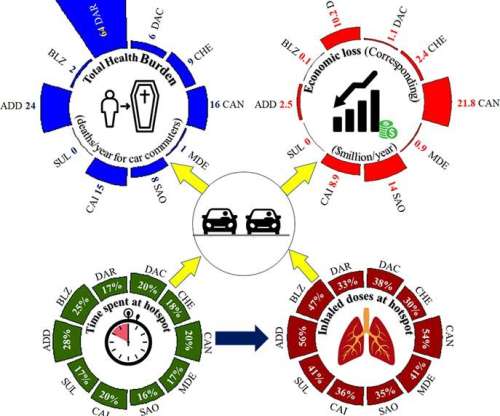A Bamboo Carbon Filter for Diesels Could Reduce Emissions
Cars That Think
FEBRUARY 27, 2024
Although the pollutant emissions of a diesel engine are less than those of a gasoline one, it still emits carcinogens, nitrous oxides, and soot. Older models don’t even have the emission-control features that newer ones do. To reduce emissions, diesel vehicles use filters that catch exhaust particles and other contaminants.


















Let's personalize your content